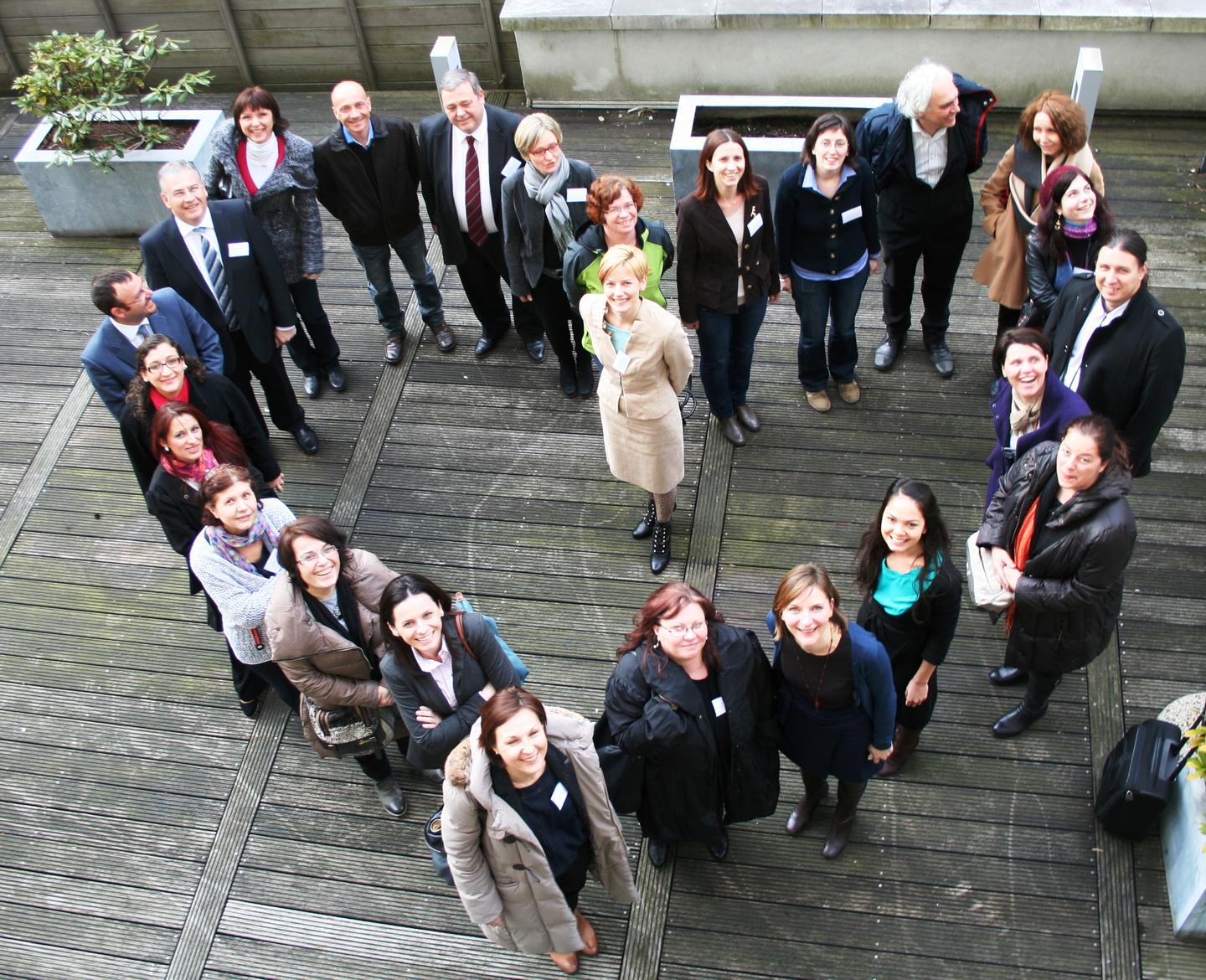Civil society and in particular non-governmental organisations (NGOs) are a hallmark of free, democratic societies. NGOsplay a vital role in mobilising citizens, tackling social issues and holding the state accountable. But funding for NGOs is often scarce and inadequate, hampering their role and development capacity. The EEA and Norway Grants are working to fill that gap.
With an allocation of €147 million to the sector, the Grants are one of the prime funding schemes for civil society in Central and Southern Europe. Specific NGO programmes have been set up in each of the 15 beneficiary countries. NGOs are also eligible for funding under many of the other thematic EEA and Norway Grants programmes.
Projects underway
Last autumn, Estonia was the first country to launch calls under the NGO programme and projects have already been selected. Results of the first calls are also announced in Bulgaria, Hungary, Latvia, Lithuania, Slovakia and Portugal.
Cyprus, Malta, Poland, Romania, Slovenia and Spain are currently evaluation project applications.
The Czech Republic is expected to launch a call before the end of this year, and a new programme is being prepared in Greece.
When this article was published, calls were open in Estonia, Latvia, Poland and Slovakia.
New calls for proposals are expected in the beginning of 2014 in Bulgaria, Hungary, Lithuania, Poland, Portugal, Romania, Slovakia (Democracy and Human Rights) and Slovenia. Follow our call calendar for updates on new calls for proposals.
Huge interest
Many of the calls have been hugely oversubscribed – a clear indication of the need for continued support to civil society in this region.
“There is an urgency in making the funding available to the NGO sector particularly at this time of depleting national and international support. We are seeing many NGOs reducing activities or closing down due to the current economic outlook, while social and democratic emergencies in our beneficiary states are on the rise,” said Patrizia Brandellero, Coordinator of the EEA and Norway Grants NGO programmes at the Financial Mechanism Office in Brussels – secretariat of the Grants.
“The NGO potential in helping tackle these challenges cannot go untapped, and for this we need to support their actions, as well as their capacity,” she continued.
The NGO programmes support projects in a range of areas from human rights and governance to the environment and social exclusion.
Democracy and human rights
Democratic development requires constant nurturing and attention. At least one third of the funding in each country goes to support for strengthening democracy and human rights and fighting discrimination and social exclusion. In Estonia for example, the School of Democracy has been awarded a grant of €30,000 to organise training for young people on running an NGO, with the goal of increasing civic participation and interest in political processes.
Funding is also directed to the provision of welfare services to vulnerable groups.
No Hate
Trends such as rising extremism, intolerance and discrimination present serious concerns. The NGO programmes fund activities promoting tolerance and non-discrimination. As part of this commitment, the EEA and Norway Grants have become a strategic partner to the Council of Europe’s No Hate Speech Movement.
Find out how all the NGO programmes are actively engaged in the campaign on www.eeagrants.org/hatespeech
Funding is also targeted at strengthening the capacity of the sector to enable NGOs to advocate for change and empower local communities.
“While provision of basic services is important and needed, particularly at this moment in time, it is important for us to also support the advocacy and watchdog role of NGOs and their work to mobilise citizens to get engaged and participate as volunteers in society.” said Ms Brandellero.
Getting involved
NGOs registered in the 15 beneficiary countries are eligible for funding. Project applications should be submitted to the relevant programme operators once a call has been published. There will be one or more calls under each programme. Follow our call calendar for updates on new calls for proposals. Specific eligibility criteria are set out in each call.
Partnerships encouraged
Developing the capacity of the sector through peer exchange, training and mentoring is an important aspect of the NGO programmes and project partnerships between NGOs in the three donor countries, Iceland, Liechtenstein and Norway and the 15 beneficiary countries are encouraged.
The Icelandic Human Rights Centre and the Norwegian Helsinki Committee (NHC) facilitate contact and cooperation between NGOs in Iceland and Norway and the beneficiary countries. The NHC also manages a partner search facility on www.ngonorway.org to help organisations establish contacts and develop joint projects.
More information
Find out more about the NGO Programmes in each country on www.eeagrants.org/ngo or download our civil society fact sheet.
